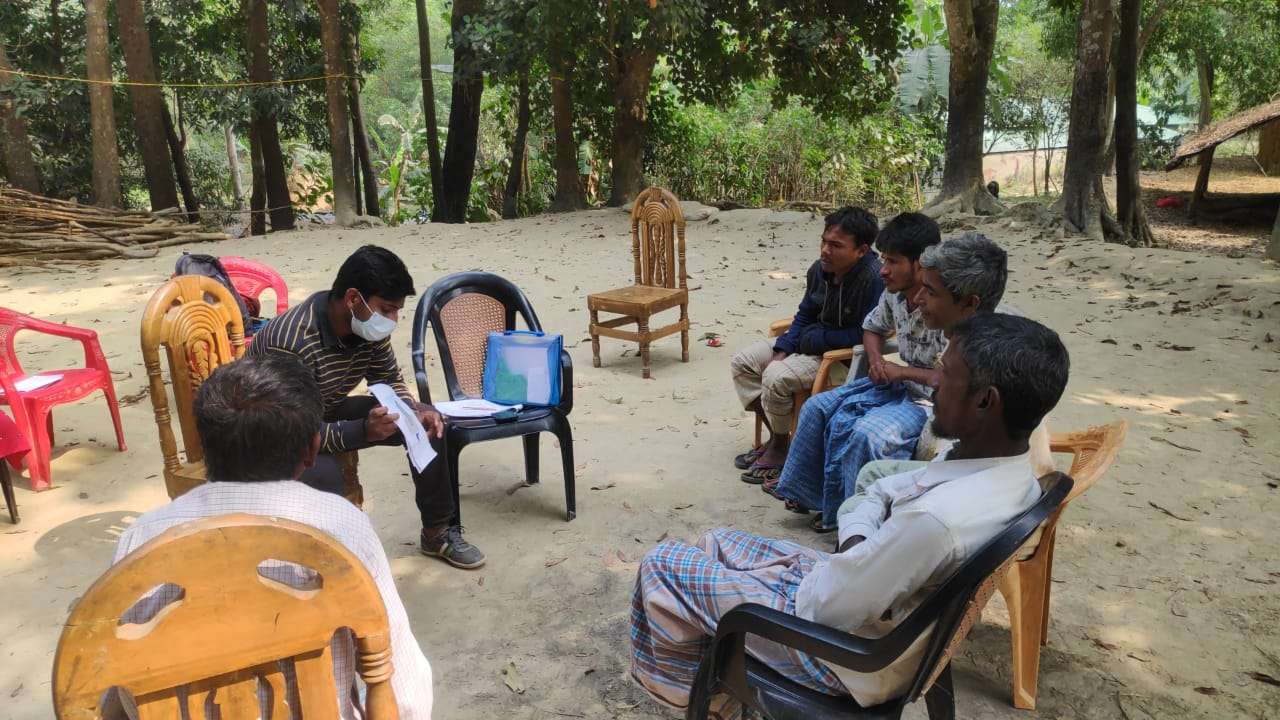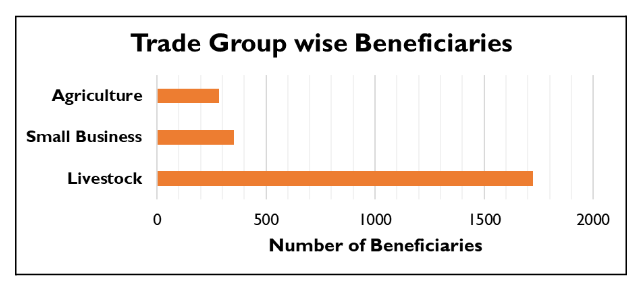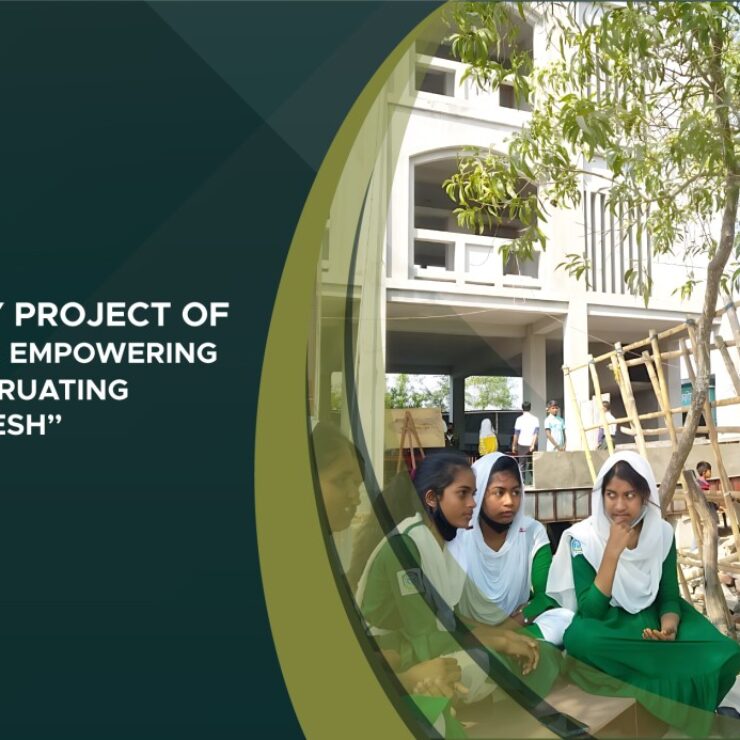
Follow-up and Linkage Building services provided to the host community of Cox’s Bazar
Background
From 2017 forward, an unprecedented influx of refugees from Myanmar has had a detrimental effect on the local population in Cox’s Bazar, Bangladesh. The influx resulted in a decline in the standard of life and economic prospects of the host community, a lack of space for both living and agricultural lands, and a lack of security. To address the vulnerabilities in the Teknaf area, GIZ (Deutsche Gesellschaft für Internationale Zusammenarbeit, an international cooperation enterprise owned by the Government of the Federal Republic of Germany) funded three NGOs (BRAC, Shushilan, and ICCO) to launch a livelihood program in three unions of Teknaf (Baharchara, Whykong, and Hnila). Due to the sudden outbreak of the COVID-19 pandemic, normal livelihood activities were suspended for some time. GIZ wanted to understand the current status of the supported beneficiaries, conduct a series of follow-up activities, and provide market linkage support to ensure the project’s sustainability after a long break during COVID-19. Inspira ACL was commissioned by GIZ to conduct a six-month-long “Follow-up and Market Linkage program.” This implementation project was a continuation of the previous work of three implementing partners. There were 2068 beneficiaries in all.
Our Approach
The project relied on both primary and secondary data sources for the evaluation process. The first step was to perform a desk research using the project documents shared by the three NGOs as well as documents shared by GIZ. The consulting team then conducted a rapid status assessment in the intervention area to understand the present status, progress updates, training contents and apprehended challenges and opportunities of the beneficiaries. In order to conduct the survey, one set of standard questionnaires was prepared which was translated into Bangla. Based on the findings from the assessment, Inspira provided fresher training to the selected beneficiaries, conducted two round follow-up to provide hands-on support, and arranged consultative workshop in participation with the GoB stakeholders, GoB institutes, Financial Institutions and Input Market actors and Output Market actors as a part of market linkage strategy.
Project Outcome
The fresher training, workshops and referrals done by Inspira had an immediate impact on their trade and increased the profit. Asked how their firm was doing, 97 percent of the recipients said it was running profitably. In the second round of follow-up, the number of temporarily shuttered and unprofitable firms also decreased.
The follow-up was conducted in three trade groups- Livestock, Small Business, and Agriculture. Among the 2068 recipients, 83% of them are involved in the livestock trade. The percentages for both small businesses and agriculture are rather low, coming in at 17% and 13%, respectively. There were certain beneficiaries who were engaged in more than one trade.

The majority of persons obtained funds from non-profit organizations or chose to self-finance. Loans are seldom obtained via traditional banking systems.
Beneficiaries who are involved in livestock trade, initially encountered a lot of obstacles before and during their business. They were unfamiliar with the best techniques for livestock management at the home level. Many of those had begun animal trade after receiving training and referrals. One of the most significant obstacles to the development of livestock in the target area was the prevalence of animal illnesses. When it came to livestock management, there was a lot of misunderstanding and misinformation. The referrals have been supplied by the field team in these situations.
In the case of agriculture, beneficiaries were occasionally given erroneous advice, resulting in poor crop production. The ones who depended on peer advice may not be as knowledgeable. After the first round of follow-up, people learned how to seek help from the Upozilla officer. Beneficiaries now feel more at ease approaching agricultural police for assistance.
Small businesses run by the beneficiaries included- Raw and Dry Fish Business, Crab Cultivation, Grocery Store etc. Before this initiative, the small business traders faced some significant issues including market linkage, adequate tools and equipment etc. Inspira team helped them with training on how to communicate with relevant personnel to improve their business.
Moreover, women made up around 96 percent (1,985) of GIZ’s beneficiaries. The initiative was able to address the needs and concerns of women in the target regions since it was designed with keeping them in mind. Additionally, there are around 1.45 percent (30) persons with disabilities who were also beneficiaries of this project.




